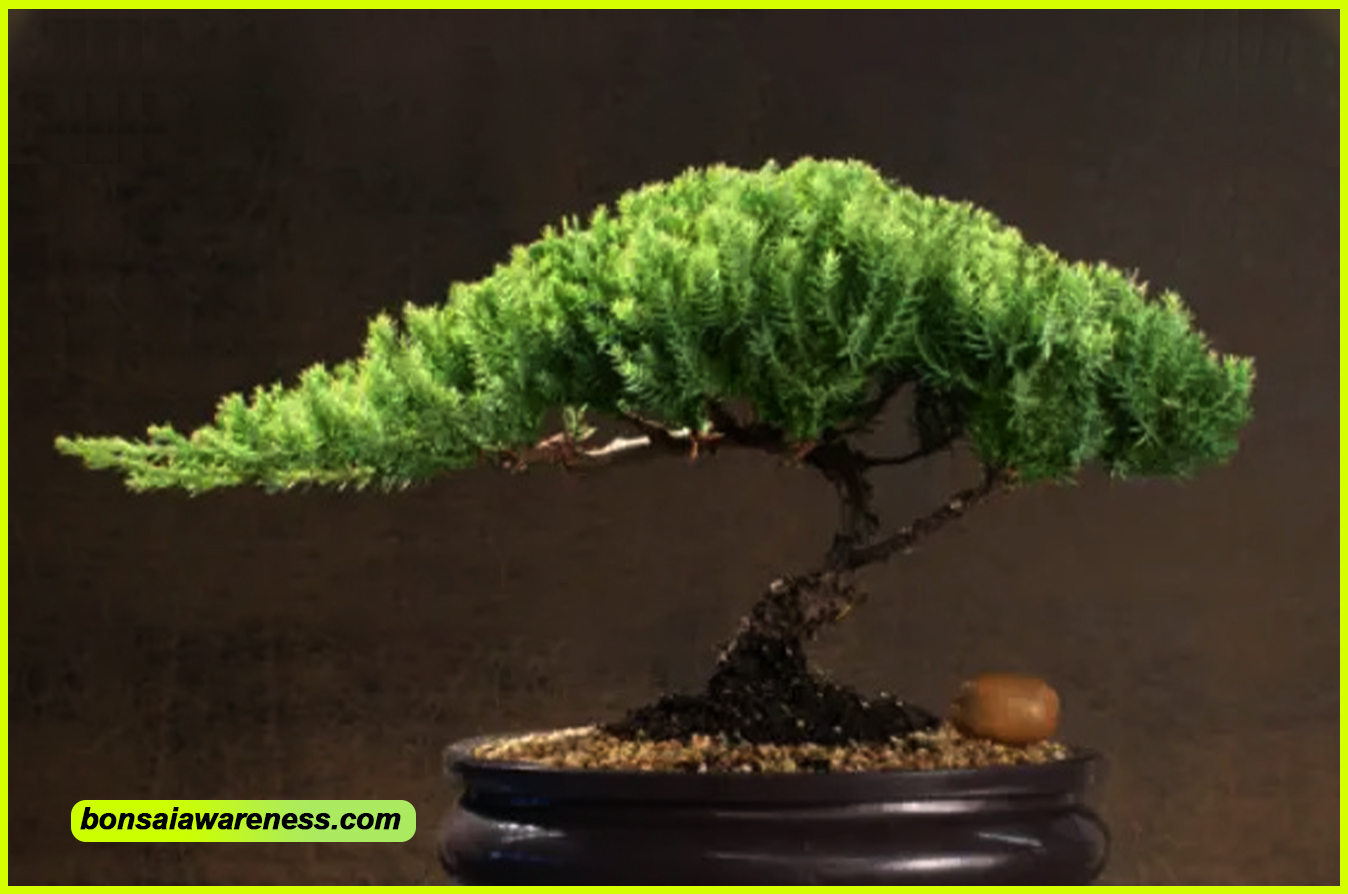A bonsai tree symbolizes harmony, tranquility, and the art of patience in its miniature form. Bonsai trees carry deep cultural and spiritual meanings.
Originating from China and refined by Japanese artists, these meticulously crafted trees represent the harmony between nature and human intervention. Traditionally, bonsai trees are cultivated with care, shaping them to mimic the grandeur of ancient, mature trees in miniature size.
As living artworks, they require precise pruning, watering, and maintenance to thrive. Bonsai enthusiasts perceive them as symbols of patience, reflection, and the beauty of balance. These small yet captivating trees are a testament to the delicate artistry and the profound connection between humans and nature.
The Art Of Bonsai
Bonsai, a centuries-old Japanese art form, showcases the beauty and harmony of nature in miniature. The history of bonsai dates back to ancient China, where it was initially called “penzai”. However, it was in Japan that bonsai truly flourished. Bonsai artists intricately shape and nurture these miniature trees, emulating the essence of nature in their tiny branches, leaves, and even their root systems.
The significance of bonsai extends beyond its artistic value. It has a deep cultural meaning in both Japanese and Chinese traditions. Bonsai represents harmony, balance, and a connection to the natural world. It symbolizes patience, perseverance, and respect for nature’s cycles. Additionally, bonsai is a powerful reminder to appreciate the simple beauty in life.
| The History of Bonsai | The Cultural Significance of Bonsai |
|---|---|
| The art of bonsai originated in ancient China. | Bonsai embodies harmony, balance, and a deep connection to nature. |
| It was later perfected and popularized in Japan. | Bonsai symbolizes patience, perseverance, and respect for life’s cycles. |
| Bonsai artists shape and nurture miniature trees with intricacy. | Bonsai serves as a reminder to appreciate the simple beauty in life. |
Symbolic Meaning Of Bonsai Trees
When we think of bonsai trees, we are immediately reminded of their symbolic meaning. Bonsai trees are deeply connected to nature, symbolizing our connection to the natural world. They teach us about balance and harmony, reminding us to find equilibrium in our own lives. These miniature trees require patience and perseverance, as they take years to grow and shape. By caring for a bonsai tree, we learn the value of patience and the rewards that come with time and effort. Each pruning and shaping session is a lesson in dedication and concentration. Bonsai trees also represent the delicate balance between the elements of nature, reminding us of the importance of nurturing and preserving our environment. They serve as a reminder of our own relationship with the natural world and the responsibility we have to protect it.
Bonsai In Different Cultures
What Does a Bonsai Tree Mean? Bonsai, a living art form, carries different meanings in various cultures.
In Japanese culture, bonsai symbolizes harmony, patience, and contemplation. It is viewed as a peaceful and meditative practice that connects individuals with nature. The meticulous care and shaping of the bonsai tree represent the pursuit of perfection.
In Chinese culture, bonsai represents a connection with the past and a sense of history. It is a symbol of a long and prosperous life. The ancient art of penjing, which is the Chinese version of bonsai, is associated with harmony, balance, and reverence for nature.
In Western culture, bonsai embodies beauty and inspires a sense of awe. The miniature size and intricately designed branches and roots make it a unique form of art. Bonsai enthusiasts appreciate the attention to detail and the dedication required to cultivate and maintain these living masterpieces.
Famous Bonsai Trees And Their Symbolism
A bonsai tree holds deep cultural significance in many Asian traditions. Each type of bonsai tree conveys unique symbolism, making it a beloved art form around the world.
One famous bonsai tree is The Peace Tree, representing tranquility and harmony. Another renowned specimen is The Wisdom Tree, symbolizing knowledge and insight. Lastly, The Eternity Tree is a celebrated bonsai tree that signifies endurance and everlasting life.
Caring For A Bonsai Tree
Bonsai trees are a symbol of harmony and balance in Japanese culture. The art of caring for a bonsai tree involves choosing the right species that suits your climate and space. Learning pruning and shaping techniques is crucial to maintain the desired size and shape of the tree. Moreover, creating the ideal environment with proper light, water, and soil conditions is essential for the tree’s health and longevity. Additionally, regularly checking for pests and diseases is essential for maintaining a healthy bonsai tree.
Frequently Asked Questions For What Does A Bonsai Tree Mean
What Does The Bonsai Tree Symbolize?
The bonsai tree symbolizes patience, harmony, and balance. It reflects the beauty of nature in a miniature form. The art of bonsai cultivates mindfulness and teaches us to appreciate the value of nurturing and caring for living things.
Why Are Bonsai Trees Special?
Bonsai trees are special because they exhibit intricate beauty in a small form, requiring careful cultivation techniques. They add a touch of nature to indoor spaces, provide a sense of tranquility, and are considered an art form in Japanese culture.
Is Bonsai A Spiritual Plant?
Bonsai is not inherently a spiritual plant, but it can hold symbolic meaning to those who practice certain spiritual or cultural traditions. The art of bonsai focuses on the cultivation and shaping of miniature trees, creating a connection between nature and human creativity.
What Does Bonsai Literally Mean?
Bonsai literally means “tray planting” in Japanese. It is the art of growing miniature trees in containers, replicating the shape and scale of full-sized trees.
Conclusion
The bonsai tree represents beauty, patience, and harmony. Its intricate branches and stunning aesthetics captivate many individuals who seek tranquility in their space. Cultivating and nurturing a bonsai tree requires time, dedication, and a deep understanding of nature. By incorporating this ancient art form into our lives, we can embrace the lessons it teaches us and find solace in the simplicity and grace of the bonsai tree.
So why not embark on this delightful journey and let the bonsai tree bring a touch of serenity to your world?


Leave a Reply